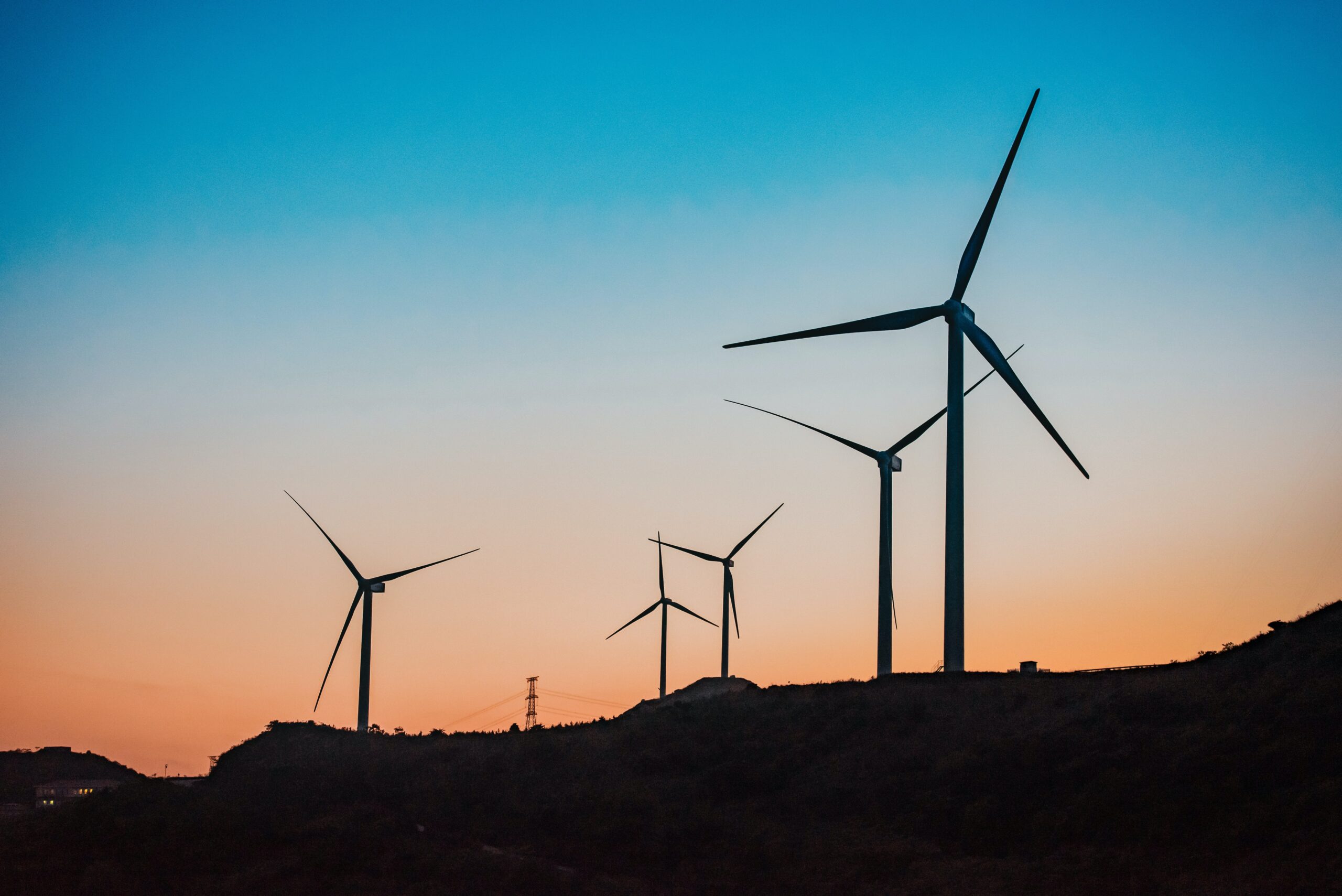
In a recent San Francisco Chronicle article, titled “Why the massive power outages in Texas are so much worse than California’s summer blackouts,” features ERG professor Dan Kammen discussing how such energy outages have highlighted a similarity between California and Texas.
“What is so interesting here is that like in California — extreme weather (for us, fires) — has stressed an old, outdated and ‘not smart’ grid,” Kammen stated. “Without well-integrated solar, wind, AND energy storage our grids are vulnerable.”








